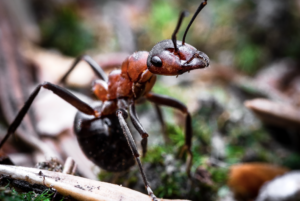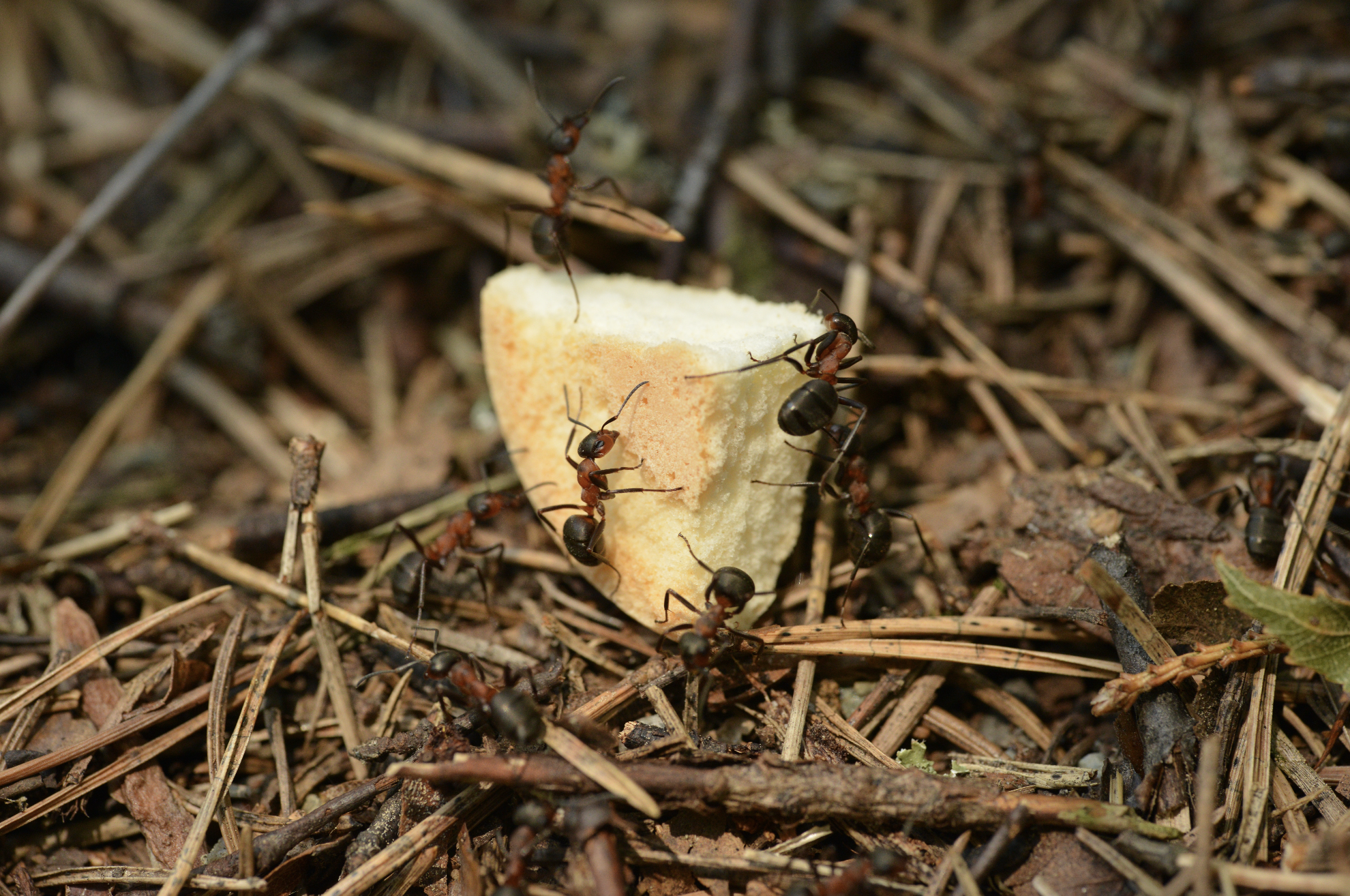Well, it seems like climate change won’t only affect us but also those pests.
Long-term changes in temperature and weather patterns are referred to as climate change. These movements may be natural, but human activities have been the primary driver of climate change since the 1800s, owing mostly to the combustion of fossil fuels (such as coal, oil, and gas), which emit heat-trapping gasses.

The average global temperature climbed by 0.74 degrees Celsius between 1906 and 2005, with the majority of that rise occurring since 1970. Since pre-industrial times, the average global temperature had risen by more than one degree Celsius by 2015. Sixteen of the seventeen warmest years on record have occurred in the twenty-first century. This warming is not uniform across the board. Some critical ecological areas, such as those near the poles, are warming at twice or three times the world average.
How can the impact on insects be worse on humans?
According to the assessment, global warming of 1.5°C to 2°C will be exceeded over the twenty-first century unless significant reductions in CO2 and other greenhouse gas emissions occur in the next decades.
Temperature influences insect physiology and metabolism. Temperature increases physiological activity and, as a result, metabolic rates. Insects must eat more to survive, and insect herbivores are projected to consume more and develop faster.
Certain bug populations will expand faster as a result of this. They will reproduce more because they grow quickly. Their numbers will increase, resulting in more crop damage.
Previous research anticipated that agricultural losses to insects will increase by 10% to 25% for every degree of global warming.
Moreover, precipitation patterns, such as rainfall, are likely to alter as the climate changes. The analysis predicts more frequent and severe droughts and flooding around the world. Plant production, chemistry, defenses, nutritional quality, palatability, and digestibility will all be affected by these environmental stressors.
As a result, insects consume more plants, perhaps causing more crop damage.
Increased precipitation, on the other hand, can encourage fresh plants (food for insects) and facilitate insect population growth. Prolonged rain, as seen with the desert locust, allowed them to obtain food, expand in number, and spread. This was also true for the fall armyworm; abundant rains aided in the growth of their host plants. When food for insects is no longer a constraint factor, their populations continue to build up.
Now that we know more about them, what should we do?
Everyone can contribute to limiting climate change. We can make a difference in everything from how we travel to the electricity we use and the food we eat. Begin with these ten activities to combat the climate issue.
- Save energy at home
- Walk, cycle, or take public transport
- Eat more vegetables
- Consider your travel
- Throw away less food
- Reduce, reuse, repair, and recycle
- Change your home’s supply of energy
- Switch to an electric vehicle
- DO YOUR RESEARCH AND SPEAK UP WHEN NECESSARY!
If you have been a victim of these insects, contact a professional exterminator or, better yet, call Empire Exterminating at (888) 983-7668. Having doubts? Read this article to know why you should hire us https://empireexterminating.com/blog-post/why-is-d-i-y-exterminating-the-worst/ !
References:
Written by Esther Ndumi Ngumbi, R. F. (n.d.). How will climate change affect the number of insects? World Economic Forum. Retrieved April 1, 2022, from https://www.weforum.org/agenda/2021/09/warmer-wetter-climate-change-insects-biodiversity/#:~:text=Rising%20temperatures&text=An%20increase%20in%20temperature%20increases,growth%20rate%20of%20certain%20insects.
Causes of climate change. WWF International. (n.d.). Retrieved April 1, 2022, from https://www.wwf.org.nz/what_we_do/climateaction/causes_of_climate_change/
United Nations. (n.d.). Act now. United Nations. Retrieved April 1, 2022, from https://www.un.org/actnow


